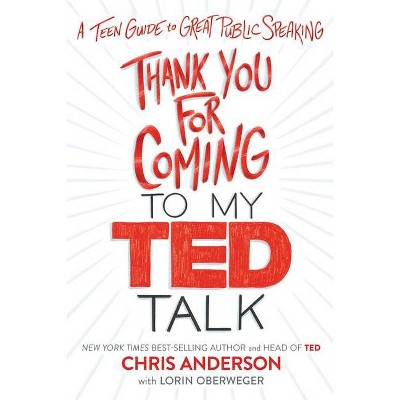Coming Home - by Ted V McAllister & Bruce P Frohnen (Hardcover)
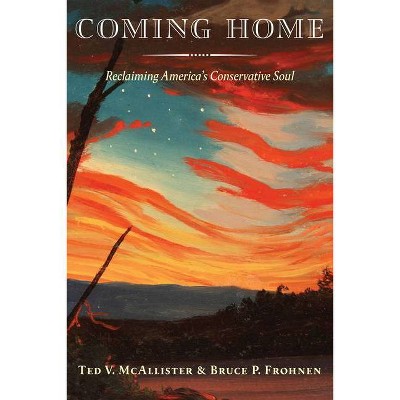
Similar Products
Products of same category from the store
AllProduct info
<p/><br></br><p><b> About the Book </b></p></br></br>"Americans have been forced from their homes. Their jobs have been outsourced, their neighborhoods torn down to make room for freeways, their churches shuttered or taken over by social justice warriors, and their very families eviscerated by government programs that take over their functions and a hostile elite that deems them oppressive. These elements of a rooted life historically have been defended by conservatives. Unfortunately, official 'conservatism' has become fixated upon abstract claims about freedom and the profits of 'creative destruction.' Conservatism is the most distinctively American voice, emerging from the customs, norms, and dispositions of its people and is grounded in the conviction that the capacity for self-governance provides a distinctly human dignity. Emphasizing the ongoing strength and importance of the conservative tradition, the authors describe our Constitution's emphasis on maintaining order, balance, and protection of the primary institutions of local life. Also important, here, is an understanding of changes in American demographics, economics, and politics. These changes complicated attempts to address the fundamentally anti-traditional nature of slavery and Jim Crow, the destructive effects of globalism, and the increasing desire to look on the federal government as the guarantor of security and happiness. To reclaim our home as a people we must rebuild the natural associations and primary institutions within which we live. This means protecting the fundamental relationships that make up our way of life. From philosophy to home construction, from theology to commerce, to the essentials of household management, our ongoing practices are the source of our knowledge of truth, of one another, and of how we may live well together"--<p/><br></br><p><b> Book Synopsis </b></p></br></br>Americans have been forced from their homes. Their jobs have been outsourced, their neighborhoods torn down to make room for freeways, their churches shuttered or taken over by social justice warriors, and their very families eviscerated by government programs that assume their functions and a hostile elite that deems them oppressive. Conservatives have always defended these elements of a rooted life as crucial to maintaining cultural continuity in the face of changing circumstances. Unfortunately, official "conservatism" has become fixated on abstract claims about freedom and the profits of "creative destruction." <p/> Conservatism has never been the only voice in America, but it is the most distinctively American voice, emerging from the customs, norms, and dispositions of its people and grounded in the conviction that the capacity for self-governance provides a distinctly human dignity. Emphasizing the ongoing strength and importance of the conservative tradition, the authors describe our Constitution's emphasis on maintaining order and balance and protecting the primary institutions of local life. Also important here is an understanding of changes in American demographics, economics, and politics. These changes complicated attempts to address the fundamentally antitraditional nature of slavery and Jim Crow, the destructive effects of globalism, and the increasing desire to look on the federal government as the guarantor of security and happiness. <p/> To reclaim our home as a people, we must rebuild the natural associations and primary institutions within which we live. This means protecting the fundamental relationships that make up our way of life. From philosophy to home construction, from theology to commerce, from charity to the essentials of household management, our ongoing practices are the source of our knowledge of truth, of one another, and of how we may live well together.<p/><br></br><p><b> About the Author </b></p></br></br>Ted V. McAllister is the Edward L. Gaylord Chair and Associate Professor of Public Policy at Pepperdine University. The author of <i>Revolt Against Modernity: Leo Strauss, Eric Voegelin, and the Search for a Postliberal Order</i>, McAllister writes and lectures frequently on a wide range of themes from Alexis de Tocqueville and Eric Voegelin to the debate about the nature of American identity. He is the coeditor, with Wilfred McClay, of <i>Why Place Matters: Geography, Identity, and Civic Life in Modern America</i>. <p/> Bruce P. Frohnen is Ella and Ernest Fisher Professor of Law at Ohio Northern University's Pettit College of Law. Among his books are <i>Constitutional Morality and the Rise of Quasi-Law</i> (with George W. Carey), <i>The New Communitarians and the Crisis of Modern Liberalism</i>, and, as editor, <i>The American Republic: Primary Sources</i>.
Price History
Price Archive shows prices from various stores, lets you see history and find the cheapest. There is no actual sale on the website. For all support, inquiry and suggestion messages communication@pricearchive.us
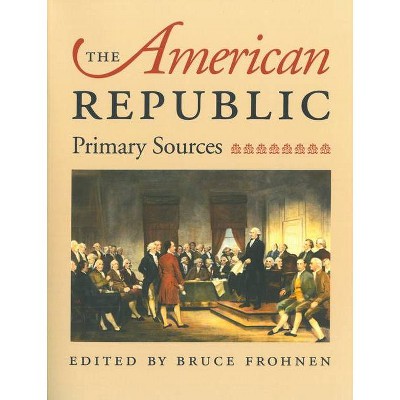


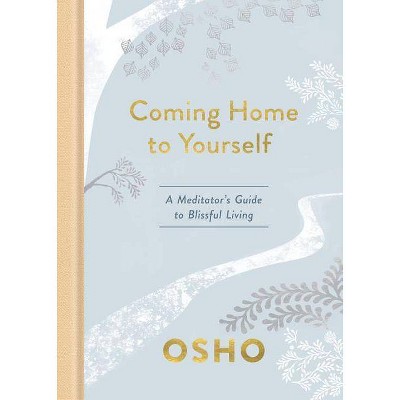
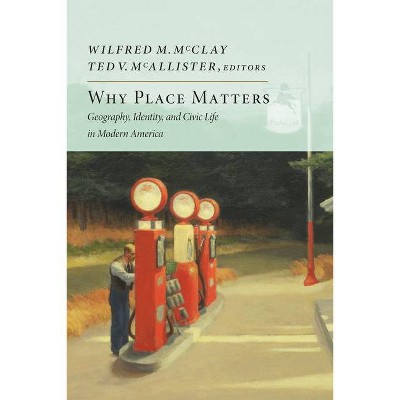
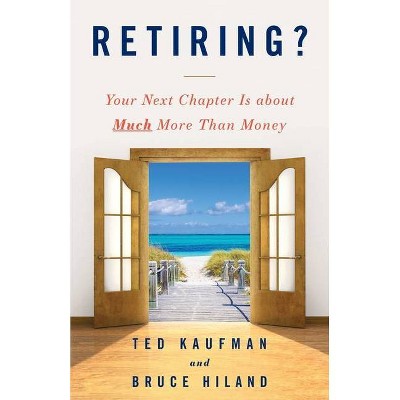
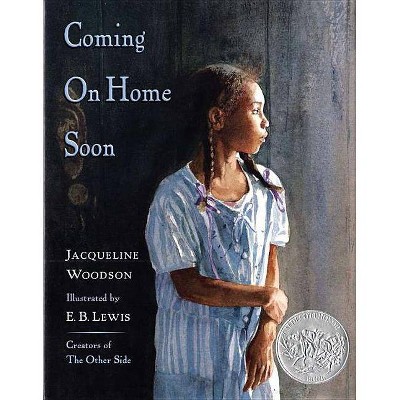
![Coming Home [LP] - VINYL](https://pisces.bbystatic.com/image2/BestBuy_US/images/products/6036/6036071_so.jpg)

